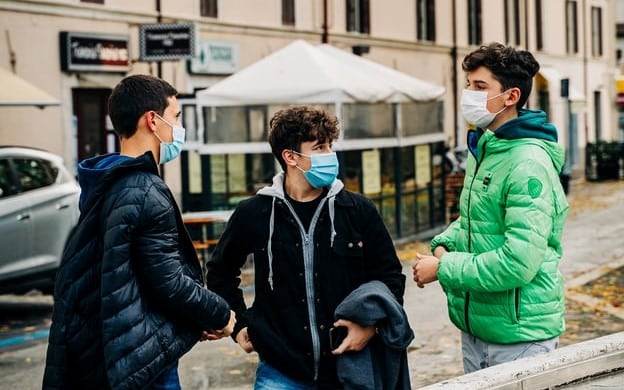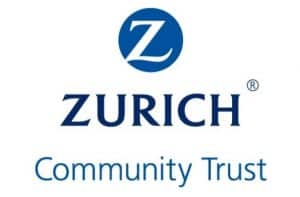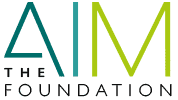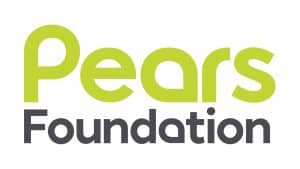It’s now widely accepted that young people have borne the brunt of the socioeconomic impacts of the Coronavirus pandemic. With each day, it seems, comes another new story or study outlining how the lives and prospects of ‘Generation COVID’ are being blighted.
To support Youth Access’ members, the wider youth sector, commissioners and policymakers to anticipate and respond to the scale of need among younger generations over the coming year and beyond, Youth Access has launched the first of three briefings: ‘Generation COVID’? Socio-economic factors impacting young people’s mental health in the wake of the pandemic. It pulls together the most up-to-date research, evidence and insights to summarise the major socio-economic issues facing young people today, and their impact on mental health.
The link between mental health and its social determinants is well documented: unequal societies experience worse mental health outcomes. As such, the disproportionate impact of the pandemic on the young – from mass job and income losses, to being trapped in abusive households, and paying rent for university accommodation they can’t use – has serious implications for wellbeing of 16-25s, whose mental health and emotional needs were already increasing before Covid-19.
This is especially concerning for young people who faced multiple disadvantages. The same young people who have been hardest hit by the pandemic – including young women, people from Black, Asian and Minority Ethnic communities and young people living in poverty – already experienced the worst mental health prior to the crisis.
Our briefing shows that hundreds of thousands of children and young people still go without the devices or internet needed to access education and essential services – and that this, along with school closures and reduced teaching hours, is exacerbating existing educational inequalities. It shares findings from the Joseph Rowntree Foundation which predict that levels of destitution in the UK will approximately double due to the pandemic, and from Turn2Us which shows millions more people are resorting to debt and a near doubling of 18-25-year-olds reporting they are frequently running out of money since before Covid-19. It highlights the pandemic’s devastating impact on 16-25-year-olds’ employment and earnings – especially on those from Black, Asian and Minority Ethnic and disabled communities women, the self-employed and those who grew up in a poor family. It outlines the impact the past year has had on an already precarious housing market, and reports of increasing numbers of young people being trapped in abusive, unsafe homes.
Knowing this, it comes as no surprise that young people’s mental health needs have grown in the past year. More young people are experiencing poor mental health – including relating to anxiety, depression, self-harm, eating disorders and suicidal ideation – and more severely than before Covid-19.
This is something Youth Access members and partners know all too well. Based in communities all over the country, Youth Information, Advice and Counselling Services (YIACS) provide youth-led, “whole life” support – frequently referred to as ‘open-access’ – that meets young people’s socio-economic, as well as mental health and wellbeing needs. They have been role models for creative innovations to adapt their services over the past year, and ensure they continue to reach the young people most in need of support.
In order to respond effectively and equitably to the mental health needs of young people in this new phase of recovery from the pandemic, we must get to grips with its effect on their lives as a whole, and tailor support accordingly. This will require a joined-up approach, backed by political will and sustainable investment, that blends remote innovations with the community-based services that are crucial to equitable access. At the heart of this must be the voices of young people themselves, as well as the local voluntary sector. We hope you will join us in this challenge.
Ruby Livings Waterworth, Policy and Campaigns Officer at Youth Access
Email ruby@youthaccess.org.uk if you’d like to get in touch.
*Our next briefing will outline the effectiveness of Youth Access members – and ‘open-access’ services more generally – at addressing the “whole life” issues affecting young people’s mental health. Our third and final briefing will set out recommendations for what needs to be in place at a local, regional and national level to ensure the sustainability and expansion of this support.
About Youth Access
Youth Access exists to make sure all young people have somewhere local to turn to whenever they need to talk. We work with both young people and our membership of Youth Information Advice and Counselling Services (YIACS) to ensure that young people in every community can access great quality support as they move into adulthood.





